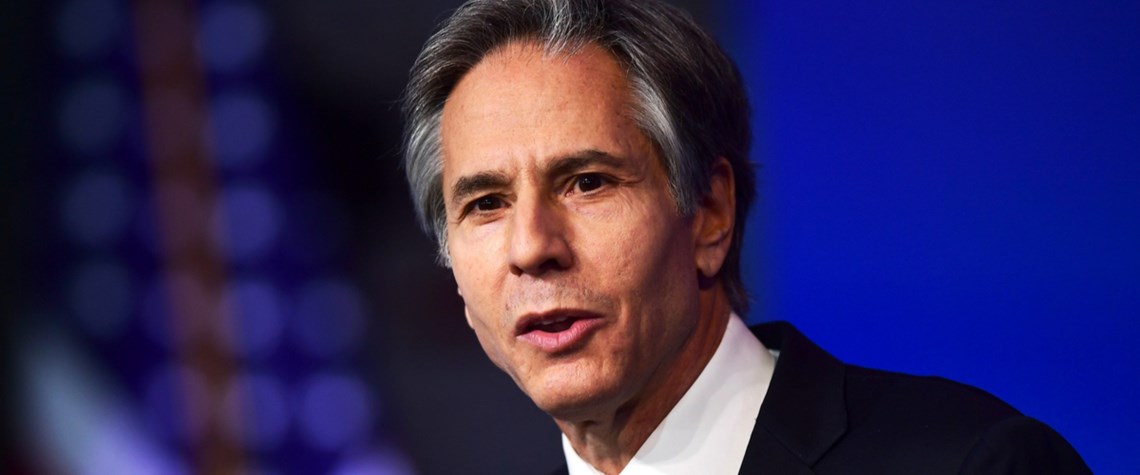Biden plans Mid-East Gulf shake-up
US diplomatic goals, if achieved, will impact the Iranian, Saudi and Yemeni energy sectors
President Joe Biden’s foreign policy speech at the State Department in early February gave subtle, but unequivocal, indications of how the new US administration’s views of the Middle East are radically different from those of the previous team. In listing America’s closest friends—ones he had contacted since taking office—he omitted Israel and all Arab states. The region’s autocrats know that relations with Washington are about to change: the president spoke of “rebuilding the muscle of democratic alliances”. Biden also dropped his predecessor’s habit of using foreign policy speeches to castigate Iran. He clearly wants to be careful not to complicate the role of his diplomatic corps, which h

Also in this section
21 August 2025
The administration has once more reduced its short-term gas price forecasts, but the expectation remains the market will tighten over the coming year, on the back of
19 August 2025
ExxonMobil’s MOU with SOCAR, unveiled in Washington alongside the peace agreement with Armenia, highlights how the Karabakh net-zero zone is part of a wider strategic realignment
19 August 2025
OPEC and the IEA have very different views on where the oil market is headed, leaving analysts wondering which way to jump
15 August 2025
US secondary sanctions are forcing a rapid reassessment of crude buying patterns in Asia, and the implications could reshape pricing, freight and supply balances worldwide. With India holding the key to two-thirds of Russian seaborne exports, the stakes could not be higher








